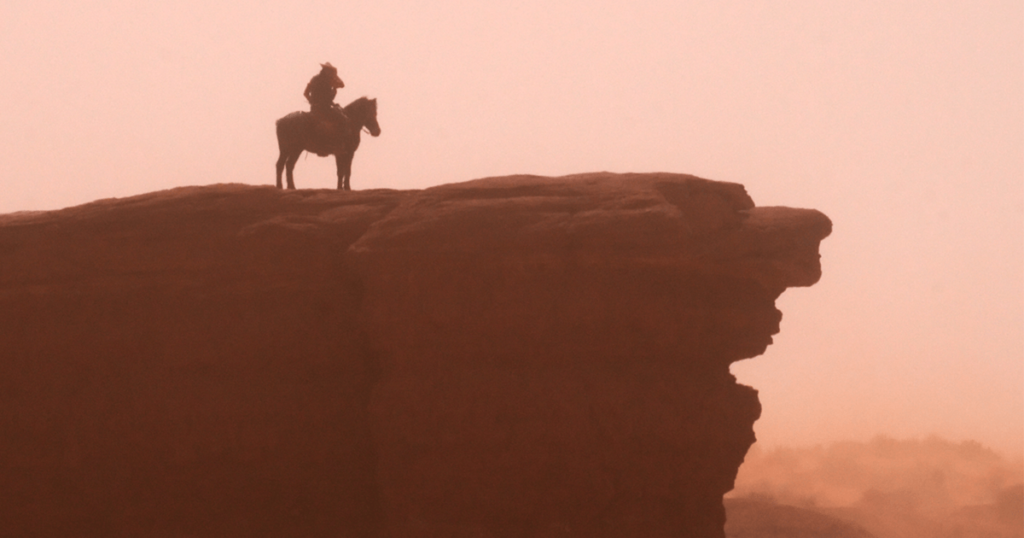
You know where you stand with a Western: outside, probably near a canyon. We often associate these kinds of stories with simple plots and simple characters, but look beyond the gunslingers and you’ll often find an exploration of the relationship between civilization and frontier. A simple Western has a very white, very patriarchal take on what exactly it means to be “civilized,” whereas the author of a complex Western knows that there’s more to being civilized than knowing the proper way to duel a man (at high noon, from a distance of 10 paces). The most satisfying stories are those that blend familiar tropes with destabilizing takes on history, justice, and mythmaking. Reading these novels now, in isolation, might make their expansive landscapes feel painfully remote, but how thrilling to encounter snakes and bandits from the safety of your couch.
Here are six novels that give their own spin on the Western.
True Grit by Charles Portis
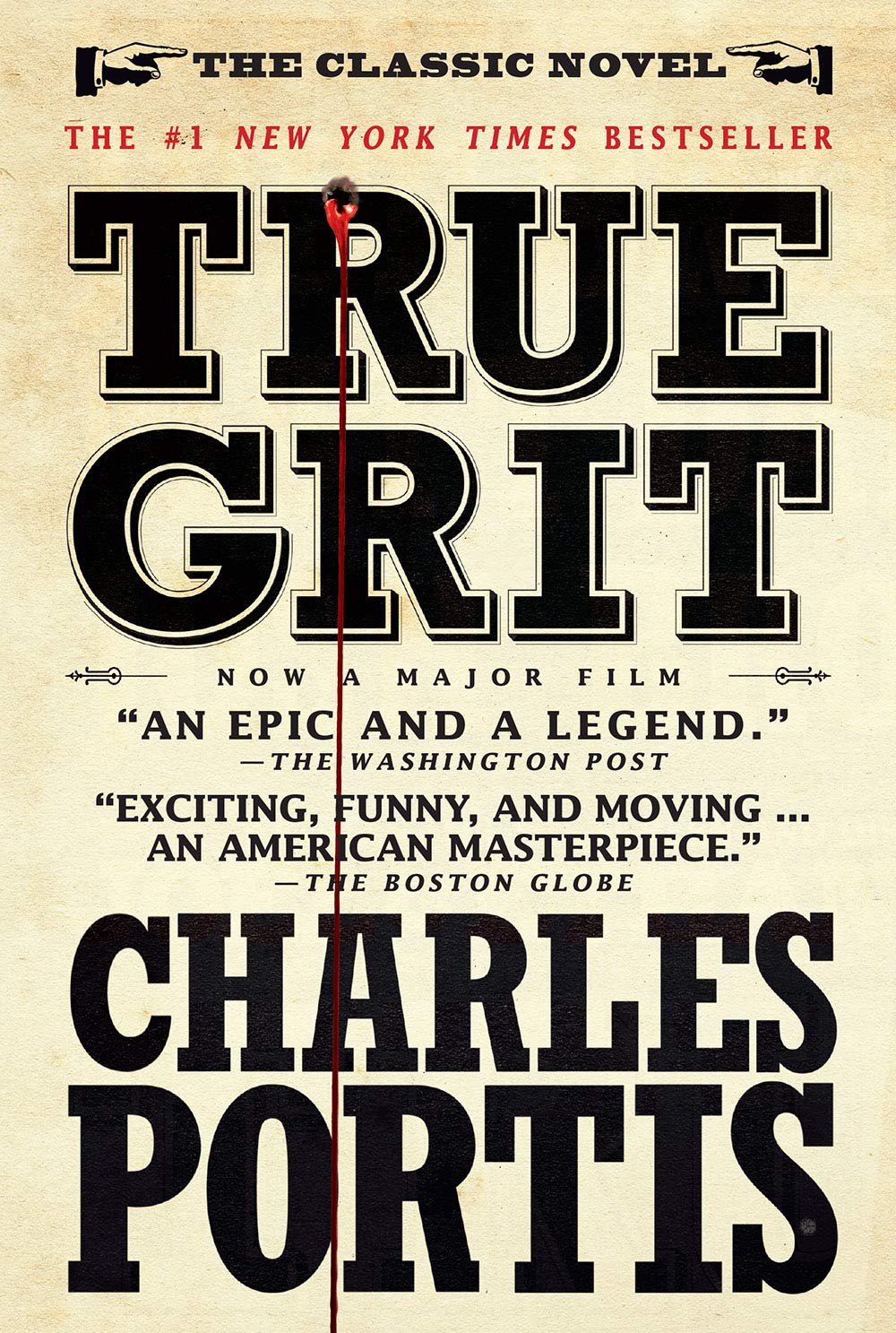
A classic revenge novel with one of the best opening sentences of all time (“People do not give it credence that a fourteen-year-old girl could leave home and go off in the wintertime to avenge her father’s blood but it did not seem so strange then, although I will say it did not happen every day”). Our narrator, said 14-year-old Mattie Ross, enlists a U.S. Marshall and a Texas Ranger to help her track down the man who killed her father. Mattie is a delightfully determined underdog, a girl with wit and pluck and a belief that “all cats are wicked, though often useful.”
The Sisters Brothers by Patrick DeWitt
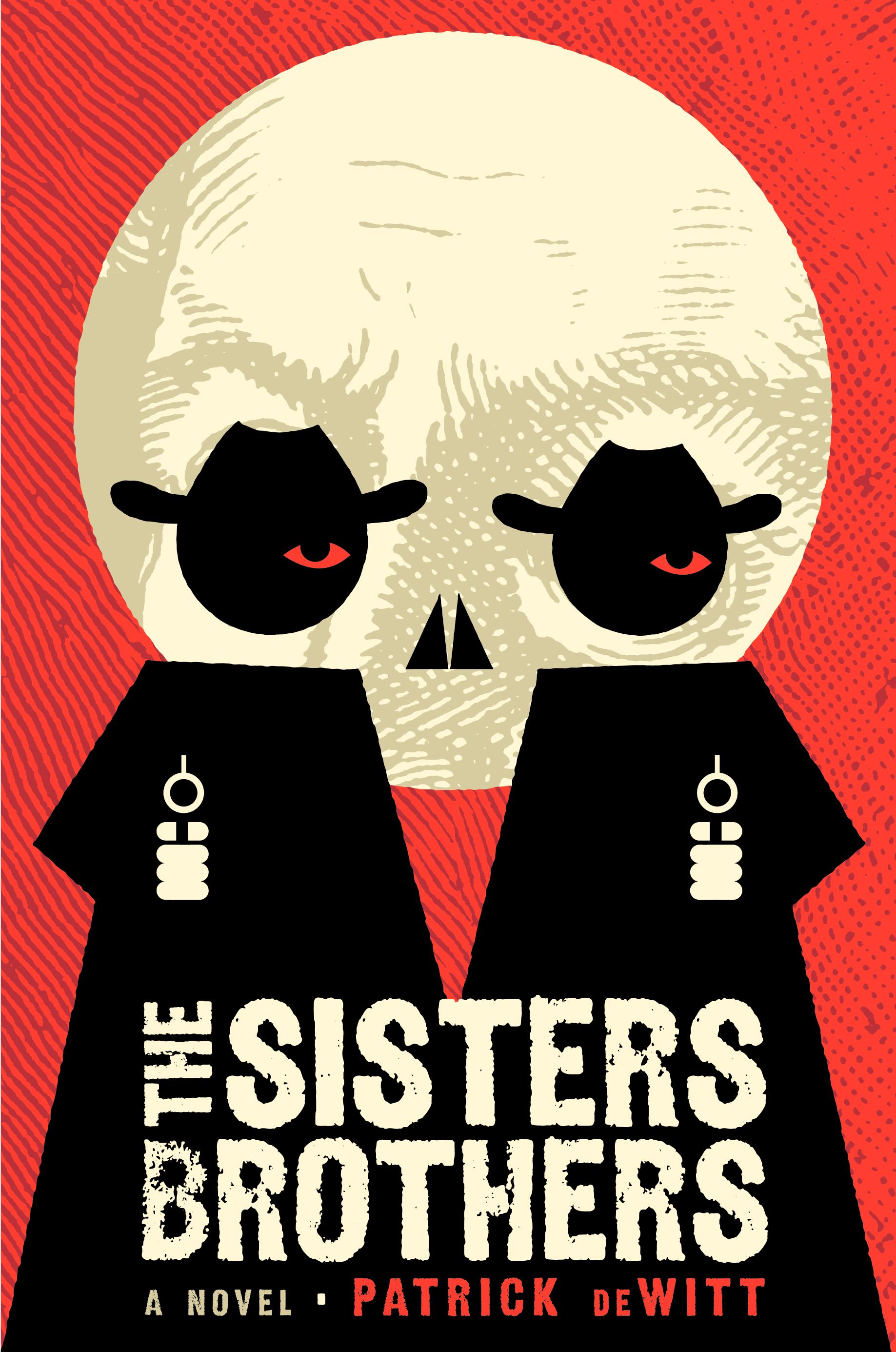
Brothers Eli and Charlie have been hired to assassinate a prospector who has invented a mysterious method for finding gold. Along the way to California, they are waylaid by hangovers, an injured horse, and Eli’s desire to leave their life of crime behind. DeWitt’s hilarious novel plays with the way that some aspects of everyday 19th-century life (the invention of toothpaste, for example) now seem anachronistic because of their usual exclusion from the genre.
In the Distance by Hernan Diaz
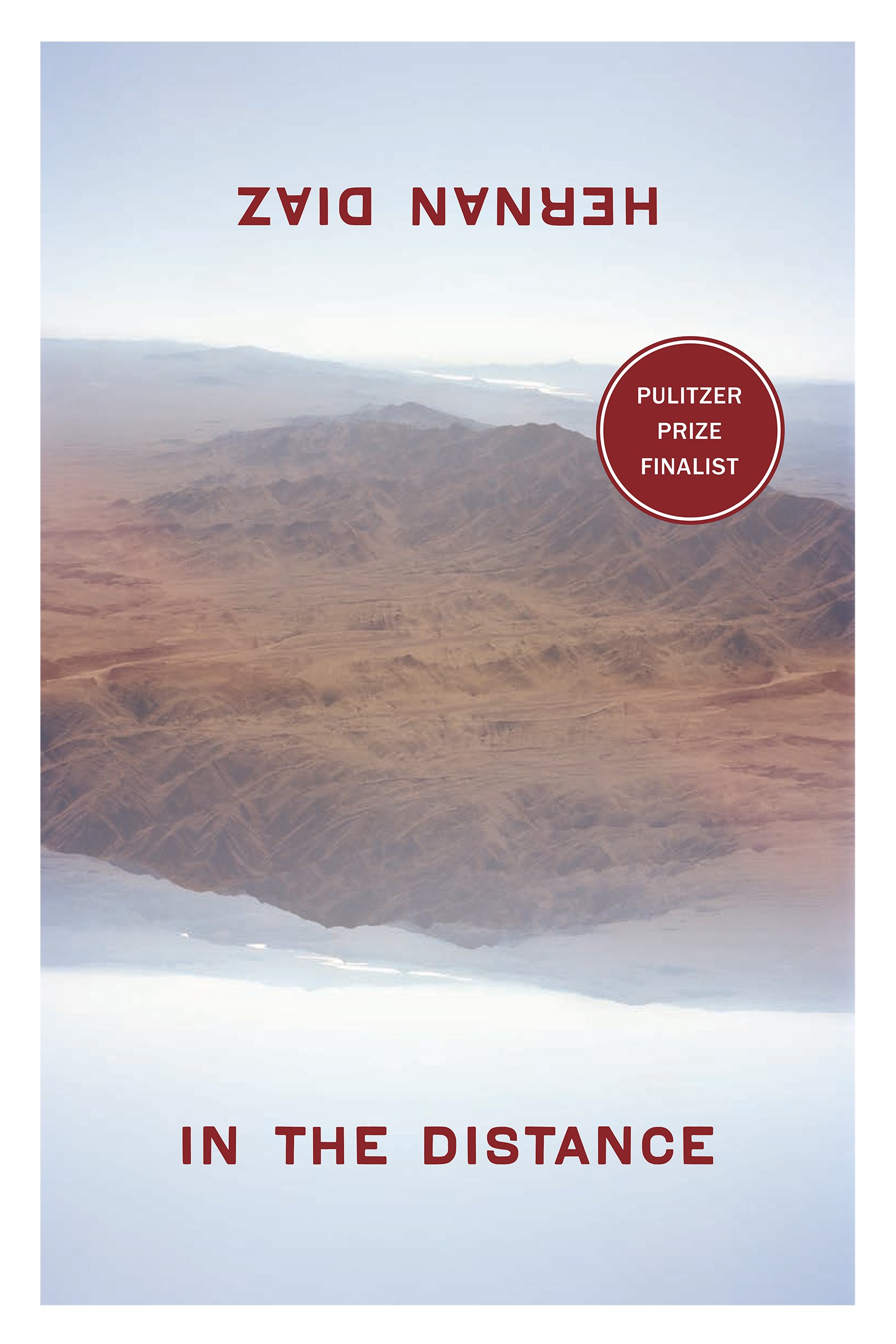
In Diaz’s lyrical novel, a Swedish immigrant named Håkan Söderström turns against the tide of the wagon trains, heading from West to East to find his brother in New York City. Håkan faces barriers of language and landscape and, through violence and misunderstanding, finds himself slowly transformed into a folk hero known as “The Hawk.”
The Luminaries by Eleanor Catton
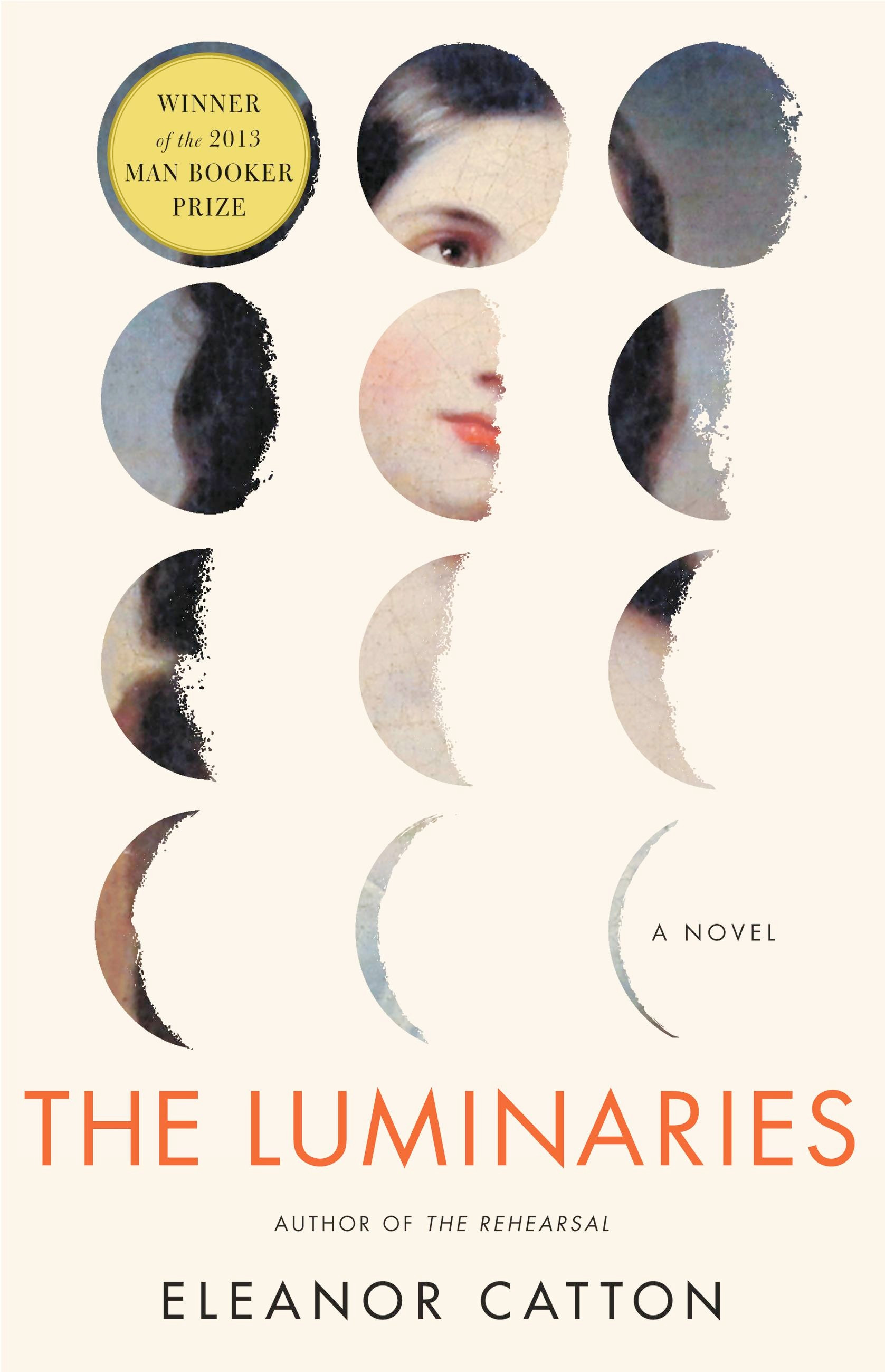
Catton’s novel is more of a puzzle mystery than a Western, but its setting—the 1866 New Zealand Gold Rush—gives it an aesthetic that will satisfy anyone longing for prospectors, opium, and stolen gold. The novel opens with a dozen men gathered to discuss the death of a hermit and the disappearance of a rich man. Each of the main characters is associated with a particular constellation or other heavenly body, and their interactions are guided by the movements of the stars.
The True History of the Kelly Gang by Peter Carey
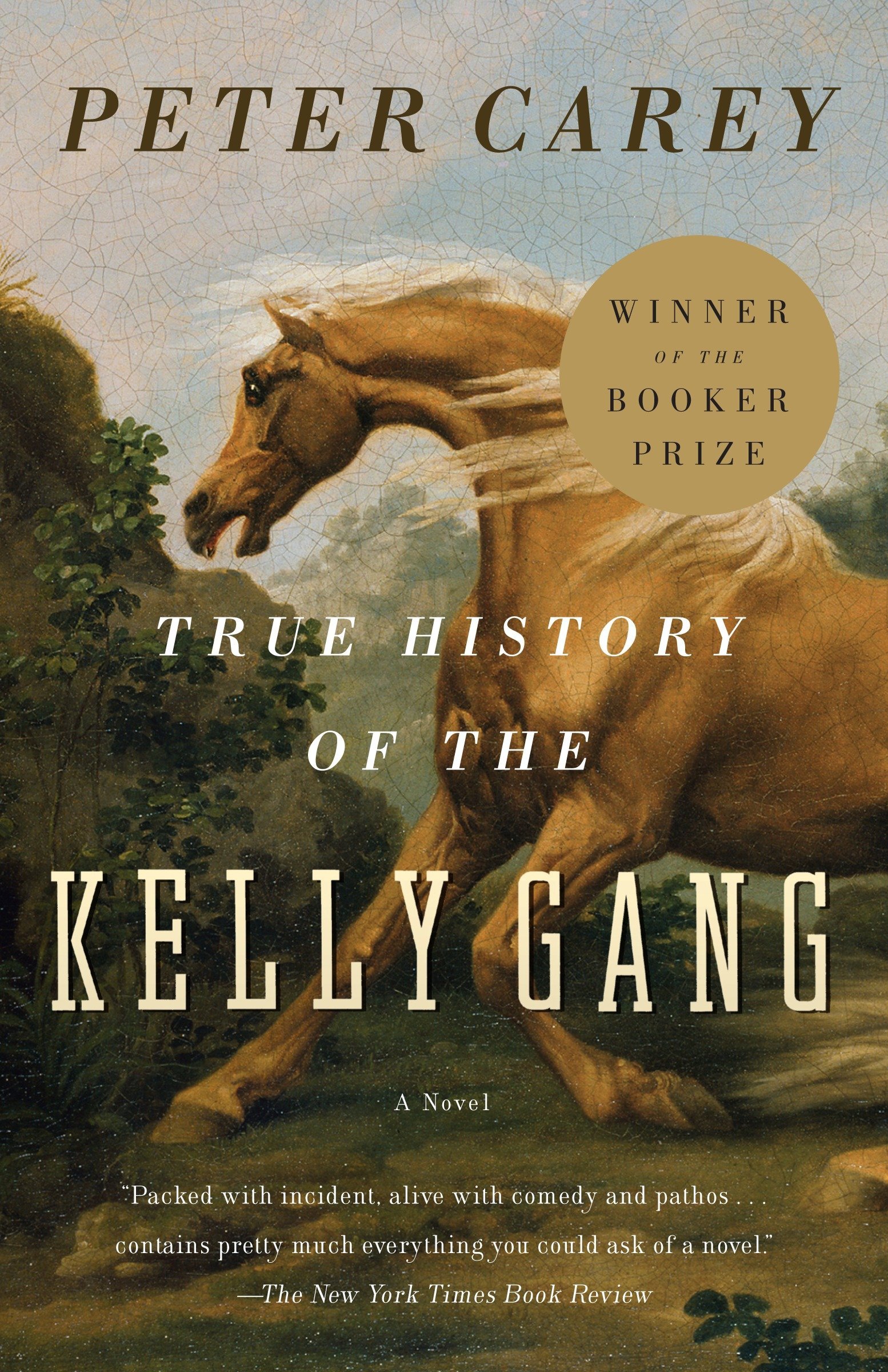
This fictional autobiography of famous Australian outlaw Ned Kelly touches on themes of colonialism and justice—is Kelly a criminal or a class hero? Carey’s take on Kelly’s language (inspired by a letter Kelly dictated in 1879) is a vernacular whirlpool, with Irish slang, no commas, and the word “adjectival” deployed whenever Kelly wishes to self-censor a certain expletive.
The Book of Strange New Things by Michel Faber
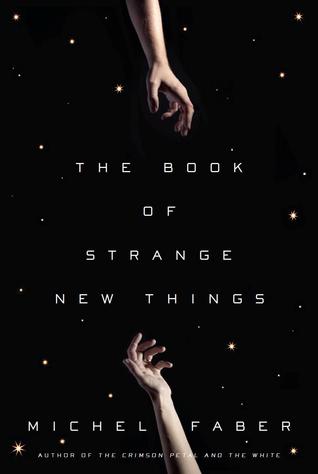
Peter, a missionary, travels to a faraway planet to preach to an alien population, while his wife, Bea, writes to him from a collapsing Earth. Many readers of The Book of Strange New Things would likely raise an eyebrow at its inclusion on a list of Westerns, though I would argue that the novel’s depictions of a shadowy mining corporation and an indigenous community fit the bill. More important, though, is its preoccupation with all sorts of frontiers: emotional, geographical, and spiritual.

